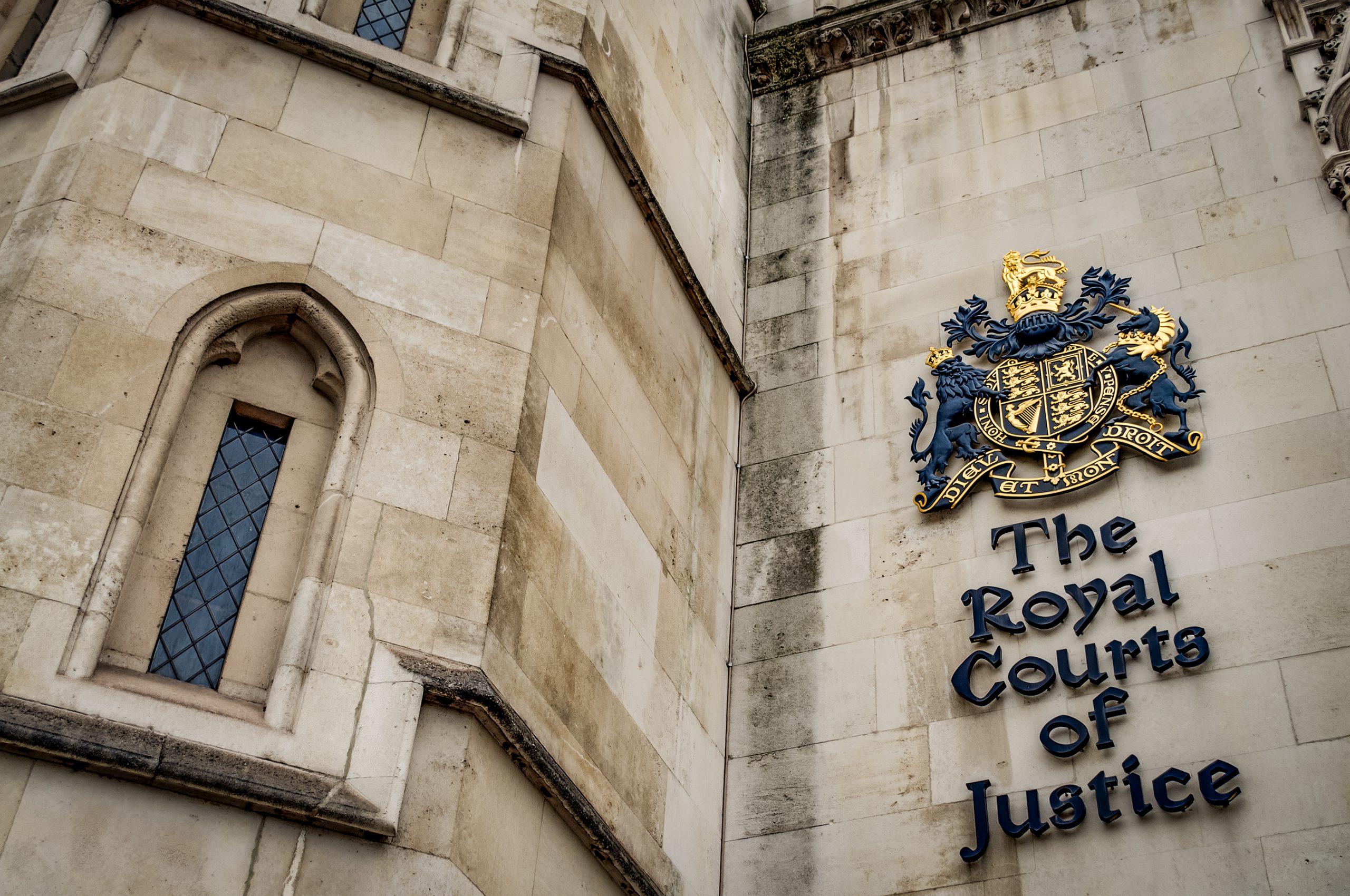
On 2 November, Mr Justice Nicol delivered his Judgment in Johnny Depp’s libel case against The Sun newspaper and editor Dan Wootton. Mr Depp lost his case, and the Judge found that The Sun had proved that its published allegations that Mr Depp beat his ex-wife and fellow actor Amber Heard were substantially true: 12 of 14 alleged incidents of assault were proven.
The ruling is devastating for Mr Depp, whose legal team says he will appeal. But how significant is the Judgment?
The case has been described as the libel “trial of the century” and certainly it was unusual; full-blown celebrity libel trials are now a rarity. Changes to libel laws in this jurisdiction including the introduction of a public interest defence and the introduction of the need for claimants to demonstrate “serious harm” to reputation mean that defendants now have a wider basis on which to challenge a claim and truth is no longer at the heart of many libel cases. The overwhelming majority of cases settle. The Depp trial was reminiscent of libel trials of the past, and had it been tried a few years ago, it would have been in front of a jury and not a Judge alone.
There was nothing unusually complicated about the legal issues in the case, although there was a lot of witness and documentary evidence for the court to consider. The only substantive issue was whether or not The Sun could prove its allegations to be substantially true. The burden of proof was on the defendants; their main witness was Amber Heard herself. Proof had to be established to a civil standard, that is on the balance of probabilities- a lower standard of proof than that required for criminal cases. It fell to the Judge to hack through a thorny thicket of conflicting evidence to try to get to the truth, or at least his assessment of where the truth was more likely than not to lie.
Cases which depend heavily on the word of one person against another are of course inherently risky; relatively few people are willing to expose themselves to that level of risk, especially in the knowledge of the press attention that will come with a public trial. The reporting of the evidence in this case revealed in intimate detail a lurid and sorry tale of a toxic marriage that stands on the record regardless of where the legal fight may actually end.
Appeals against findings of fact are difficult, broadly requiring the appellant to demonstrate that the Judge reached a decision that no reasonable Judge could have reached, for example where there was no evidence at all to support the finding or where the Judge plainly misunderstood or ignored evidence.
Meanwhile Mr Depp’s libel case against Amber Heard over the publication of similar allegations in America is ongoing. There will be more evidence before that court, which in theory could reach a different conclusion, but this ruling could well be the decisive battle in the continuing war.
For further information on this blog post please contact Claire Gill.






